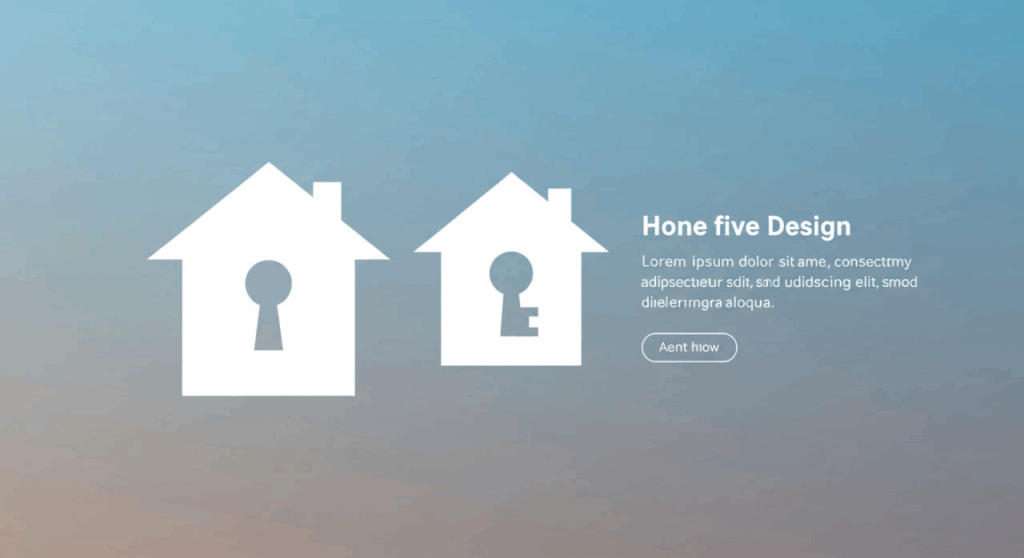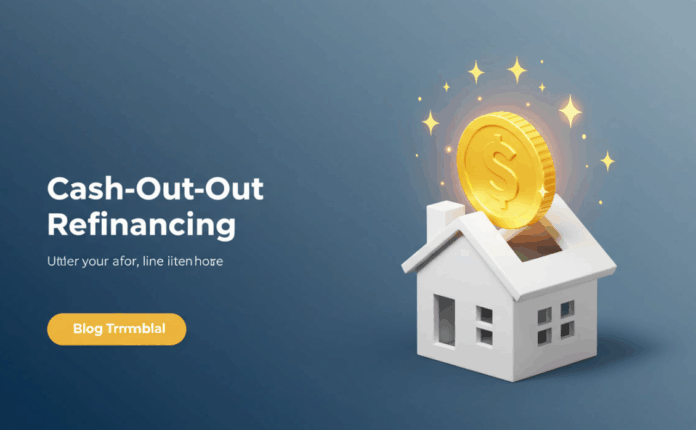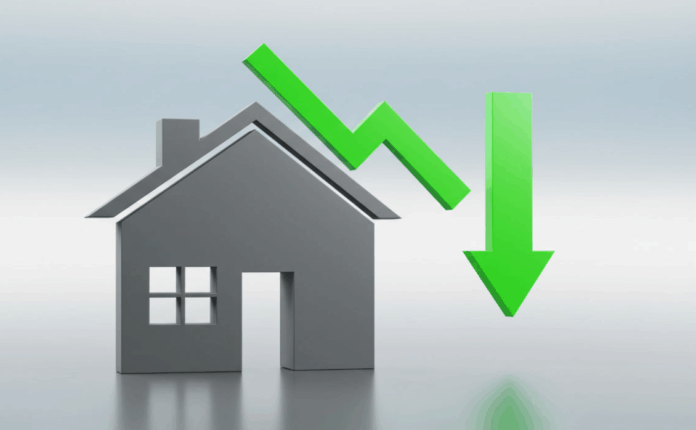Introduction
Buying a home is a significant financial decision, and securing the right home loan is crucial for a smooth and successful process. This guide will walk you through the essential aspects of home loans, helping you navigate the complexities and make informed choices.
Types of Home Loans
Several types of home loans cater to different needs and financial situations. These include fixed-rate mortgages, adjustable-rate mortgages (ARMs), FHA loans, VA loans, and USDA loans. Understanding the differences between these loan types is critical in choosing the best option for your circumstances. You can find more details about the specifics of each loan type on the Consumer Financial Protection Bureau website.
Interest Rates and APR
Interest rates and APR (Annual Percentage Rate) are key factors influencing your monthly payments and the total cost of your loan. Shopping around for the best rates is crucial. Consider using online tools to compare interest rates from different lenders.
Down Payment and Closing Costs
The down payment is the initial amount you pay upfront, while closing costs cover various expenses associated with finalizing the loan. Larger down payments often lead to lower interest rates, but you should carefully budget for all associated costs including closing costs. Unexpected closing costs can be a major impediment to a smooth closing.
Loan Pre-Approval
Getting pre-approved for a home loan is a crucial step. Pre-approval gives you a clear understanding of how much you can borrow, strengthening your negotiating position when making an offer on a property. This also shows sellers that you are a serious buyer. Learn more about the pre-approval process and how it works.
Mortgage Insurance
Mortgage insurance protects lenders against losses if you default on your loan. The requirement for mortgage insurance often depends on your down payment amount. Explore resources online to understand how it affects your monthly payments and overall costs.

Understanding Your Credit Score
Your credit score plays a significant role in determining your eligibility for a home loan and the interest rate you’ll receive. Improving your credit score before applying for a loan can significantly impact your borrowing power. Check your credit report from one of the three major credit bureaus: Equifax, Experian, and TransUnion.
The Closing Process
The closing process is the final stage of buying a home, where all documents are signed, and funds are transferred. It’s essential to thoroughly review all documents before signing. Seek advice from a real estate professional or consult a financial advisor to guide you through this crucial step.
Conclusion
Securing a home loan involves careful planning and research. By understanding the different loan types, interest rates, and the closing process, you can make informed decisions and achieve your dream of homeownership. Remember to shop around, compare offers, and seek professional advice when needed.
Frequently Asked Questions
What is the difference between a fixed-rate and an adjustable-rate mortgage? A fixed-rate mortgage has a consistent interest rate throughout the loan term, while an adjustable-rate mortgage’s interest rate can change over time.
How much of a down payment do I need? The required down payment varies depending on the loan type and lender. A larger down payment often qualifies you for better interest rates.
What is a mortgage insurance premium? Mortgage insurance premiums protect the lender if you default on your loan; they’re often required if your down payment is less than 20%.
How can I improve my credit score? Pay your bills on time, keep your credit utilization low, and avoid applying for too much new credit.
What documents do I need to apply for a home loan? You will typically need proof of income, employment history, and assets. Specific requirements will vary depending on the lender.



